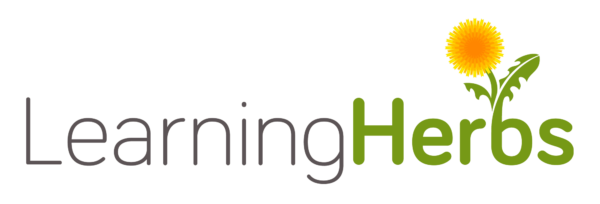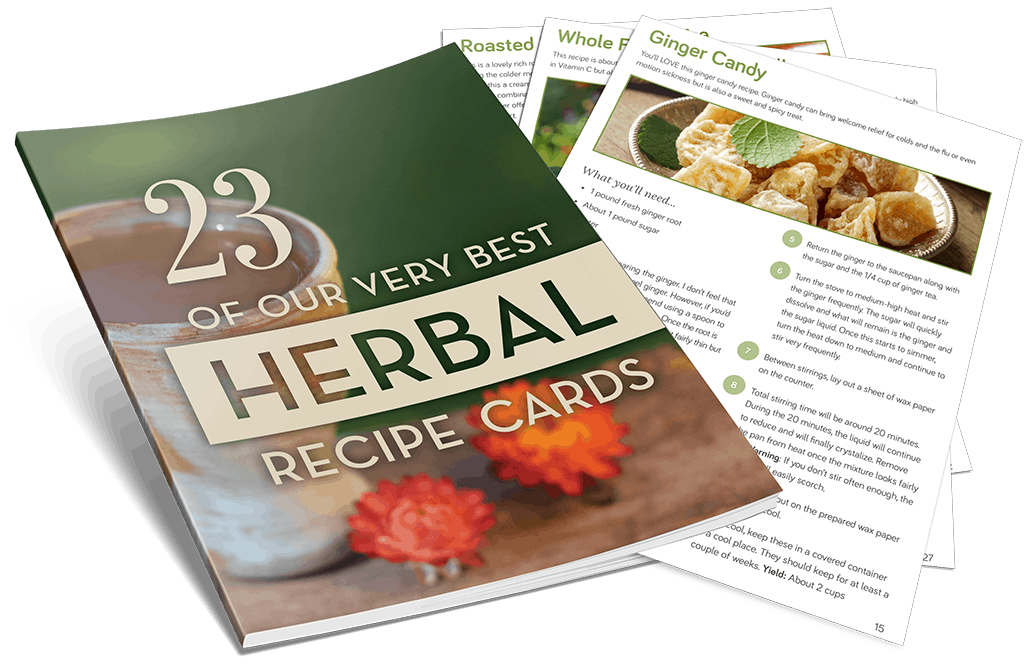If you suffer from seasonal allergies, the excitement of spring can be marred by sneezing and stuffy noses. It starts with trees pollen, moves to the grasses, eventually ragweed, and ultimately moldy leaves in autumn.
Interestingly, seasonal allergies are primarily an industrialized world problem, with strong correlations to our overly clean lifestyle and overuse of antibiotics,1 although those in poorer communities are also hit hard due to pollution exposure and poor diet.2 Vitamin D deficiency is also a common underlying factor in people with allergies.3
As inevitable as allergies seem, there’s quite a bit you can do to minimize and potentially eliminate this seasonal misery.
First off, aim for a healthy, anti-inflammatory diet focused on whole foods like vegetables, fruit, fish, free-range animal products, nuts, seeds, and other plant foods. Incorporate fermented foods like kimchi, live kraut, and shoyu into your daily routine, which can improve the wellbeing of your beneficial bacteria and make you less reactive to various allergens.456789 (One exception would be in histamine intolerance, where fermented foods make you worse.) My husband was able to almost completely eliminate his allergies over time with daily forkfuls of kimchi.
Avoid any food allergens that are problematic for you – common culprits include wheat and dairy – which may make you less reactive to environmental allergens.
Then, consider the following herbs for allergy relief…

Reishi (Ganoderma lucidum and other species) & Astragalus (Astragalus propinquus, syn A. membranaceus)
These immune tonics help modulate or regulate immune system response when taken on a regular basis. This means that your body is better able to fight germs yet less over-reactive in allergies and autoimmune disease. Complex starches, called polysaccharides, in medicinal mushrooms and astragalus basically send your immune system back to boot camp, improving immune cell function and signaling. Polysaccharides extract particularly when simmered in water for hours.
Reishi and astragalus blend well with chai spices like cardamom, star anise, cinnamon, and a pinch of nutmeg for tea, or you can add them to soup broth. Feel free to include other medicinal mushrooms like shiitake and maitake, which have similar polysaccharides that promote allergy relief. Nonetheless, reishi has unique fungal perks with anti-inflammatory10 and adaptogen properties; it’s performed well in preliminary studies for asthma and allergies.1112
If you don’t tolerate mushrooms, the astragalus root has similar polysaccharides and has been shown to decrease the severity of seasonal allergies.13

Horehound (Marrubium vulgare)
Surprisingly, this bitter mint-family herb is among the most popular herbs consumed in the United States… thanks to its inclusion in cough drops.14 Though best known for its ability to ease wet coughs and improve expectoration in chest congestion, I find horehound invaluable for allergy relief. It helps thin and move mucus in acute and chronic allergies, particularly those involving excess congestion, thick mucus, and post-nasal drip.
Unfortunately, lackluster quality horehound abounds in the market. If you can, grow or wildcraft your own to make a fresh plant tincture. It grows wild in nearly every state and prefers dry, sunny, sandy spots in the garden and along roadsides. Harvest aerial parts whether or not it is in flower as long as it looks happy. A typical tincture dose is 1-2 ml 2-3 times per day or as needed, solo or in formula. I often blend it with goldenrod.

Nettle (Urtica dioica and other species)
Stinging nettle contains various compounds that decrease allergy-related inflammation and histamine.15 This is somewhat surprising considering that nettle’s stingers actually contain histamine. In a randomized, double-blind study, freeze-dried nettle people with allergies reported fewer symptoms after one week of nettles.16 Although the effects of freeze-dried nettle capsules are modest, it’s a very safe herb. Anecdotally, herbalists report immediate symptomatic relief with nettle fresh-plant tincture.
Use the aerial parts before they flower; the stronger the sting, the better. This also blends well with goldenrod and horehound tinctures. Most herbalists find nettle tea to be less profound yet potentially still helpful in seasonal allergies, best consumed regularly for general support.

Goldenrod (Solidago spp.)
Often wrongly accused of ragweed reactions, goldenrod blooms in the same places yet possesses anti-inflammatory, antioxidant, and antihistamine properties. Though minimally researched and traditionally used as a kidney tonic and diuretic, many herbalists find it useful in seasonal allergies and other respiratory complaints. Think of goldenrod as a fluid-moving herb. In the case of allergies, it helps thin and remove excess mucus and congestion, particularly in the sinuses.
Use the aerial leaf and flower just before the blossoms open for a fresh plant tincture or tea. I often combine it with horehound and, if there are signs of infection or the need for warming and drying energetics, bee balm or oregano. Note that people who are allergic to many different flowers in the daisy family (not just ragweed) may also react to goldenrod.

Butterbur (Petasites hybridus)
Among all the herbs used for allergies, butterbur has by far the most clinical research (albeit primarily funded by its manufacturers17) to back its use in allergies18, with widespread use in Europe for seasonal allergies, migraines19, and asthma.20 Studies have found it significantly better than placebo and comparable to common allergy medications Zyrtec.21 and Allegra22 It can be used symptomatically for occasional symptoms and daily in chronic allergies.
Unfortunately, this isn’t a do-it-yourself remedy because butterbur root contains liver-toxic pyrrolizidine alkaloids. Seek PA-free butterbur such as Petadolex.
While the above herbs are the core herbs I turn to for allergy relief, here are some other worthy remedies:

Horseradish or Wasabi
Nothing clears the sinuses quite as quickly! It’s especially effective if you prepare it fresh – it might make you cry! – even if it only works temporarily and symptomatically. Once tinctured or preserved in vinegar, these pungent mustard-family herbs gradually lose their punch.

Mullein Leaf (Verbascum thapsus)
This soothing, healing, antispasmodic respiratory remedy profoundly supports the lungs, especially when there is irritation, inflammation, or infection. It makes a great supportive herb in tea, tincture, and capsule blends. If making a tea or tincture, strain the irritating hairs well through a coffee filter or finely woven cloth.

Berberine-Rich Herbs
Organically cultivated goldenseal, Oregon grape root, barberry, and Chinese coptis are all rich in the super-bitter, bright yellow alkaloid berberine. Berberine is systemically drying and has an antihistamine-like activity. While it’s usually better to move mucus with remedies like horehound and goldenrod, sometimes berberine’s fast, drying action is handy. Berberine-rich herbs are also antibacterial and antifungal, particularly on contact (not systemically). This makes it very useful added to warm salt water in a neti pot or other nasal flush system. Use it this way for chronic sinusitis and sinus infections. Chronic sinus congestion is prime breeding ground for broth bacteria and fungi. You can use these plants fresh or dry, root or aerial parts, extracted in water, tincture, or an alcohol-free tincture.
Quercetin & Bromelain
These dietary supplements are derived from plants and can be very helpful when taken daily, starting about two weeks before you anticipate allergy season’s onset.

8 Herbs for Seasonal Allergy Relief







